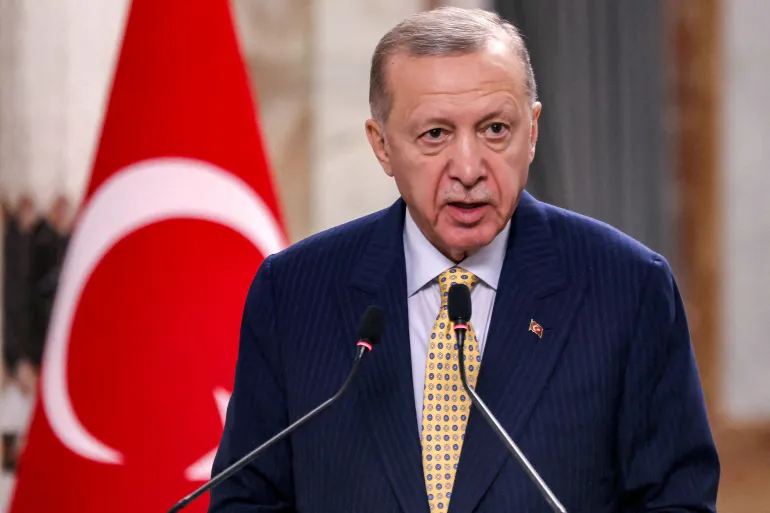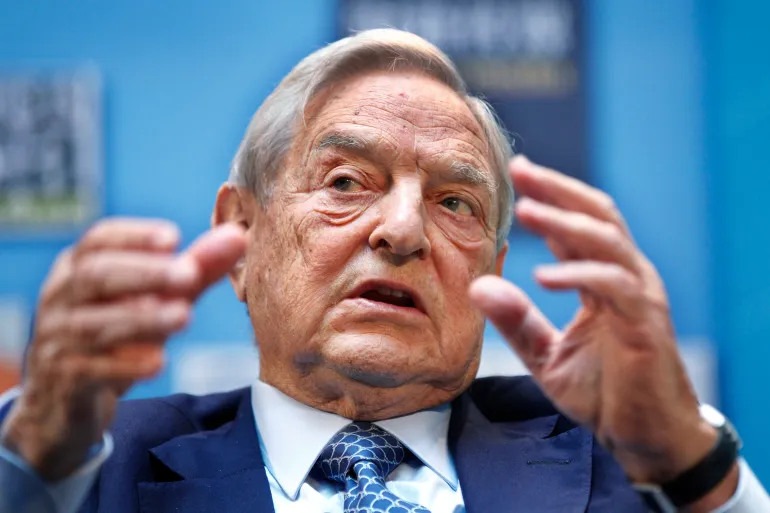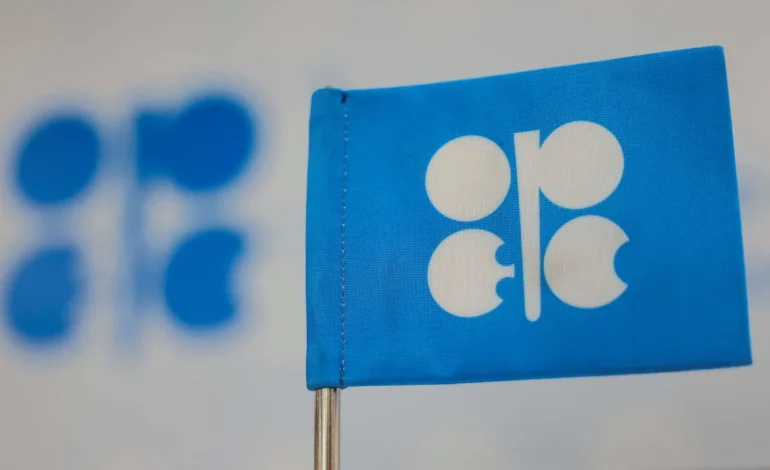The OPEC+ alliance, comprising the Organization of the Petroleum Exporting Countries (OPEC) and its partners, has postponed its crucial meeting on oil production curbs from Sunday, December 1 to December 5, Bloomberg reports.
The delay, initially reported by Bloomberg News, was confirmed by OPEC’s secretariat, citing scheduling conflicts for several ministers attending the Gulf Cooperation Council meeting in Kuwait.
While scheduling conflicts are cited, the postponement is also viewed by analysts as an indication of ongoing internal negotiations within the group. OPEC+ is grappling with a significant decision: whether to maintain current production cuts well into 2025 or risk flooding the market with oil.
The group had been expected to discuss a planned January increase of 180,000 barrels per day. However, recent talks suggest a potential delay of this increase, possibly for several months. High-level discussions have taken place this week, including meetings between Saudi Arabia’s Energy Minister Prince Abdulaziz bin Salman and his counterparts in Russia (Deputy Prime Minister Alexander Novak), Iraq (Prime Minister Mohammed Shia Al-Sudani), and Kazakhstan (Minister Almassadam Satkaliyev).
These meetings focused on maintaining market stability and adhering to existing production cut commitments. While Iraq, Russia, and Kazakhstan have faced challenges in meeting their quota reductions this year, recent data suggest improved performance.
The muted reaction of oil prices this week presents further challenges for OPEC+. While an initial price surge followed the news of a potential production increase delay, Brent crude ultimately closed lower, suggesting market skepticism. Concerns over weakening Chinese demand, ample oil supplies from the Americas, and a potential easing of Middle East tensions are overshadowing the OPEC+ deliberations.
Harry Tchilinguirian, head of oil research at Onyx Commodities Ltd., summarized the situation, sayingthat OPEC+ is “stuck between a rock and a hard place,” facing the difficult choice between prolonging production cuts and risking a potential global oil glut. The International Energy Agency has already warned that even extending the current restraints throughout 2024 would not prevent a substantial supply surplus. Brent crude currently trades just below $73 a barrel in London, down 17% since early July.









